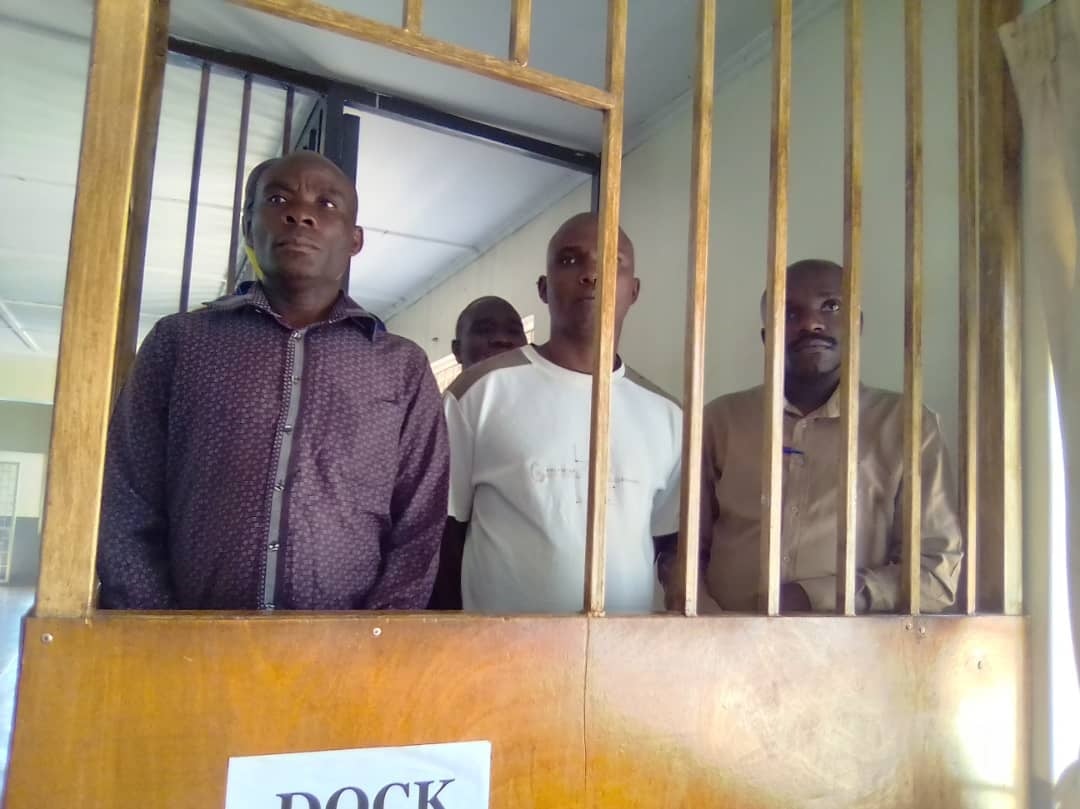Prime
UPDF must check itself

Author: Phillip Matogo. PHOTO/FILE
What you need to know:
- With previous UPDF shootings in mind, it is time the army addresses the bonds which hold it together.
Sir Winston Churchill once said, “we sleep soundly in our beds because rough men stand ready in the night to visit violence on those who would do us harm.”
Such words inspire me with a deep sense of appreciation for our national army. I know it cannot be easy for our soldiers; securing our peace at the expense of their own.
Having once lived in Nakasongola barracks for 15 years, I was given a ringside seat to an everyday Ugandan soldier’s fight against the odds.
Odds stacked against their general welfare when it comes to housing, health, remuneration and a host of other privations which conspire against their very humanity.
This is why when I read that investigations were underway regarding the circumstances under which a Uganda People’s Defence Forces (UPDF) soldier fatally shot three of his colleagues in Mogadishu on Monday morning, my heart sank.
This tragic incident occured when the soldier attached to the 2nd battalion was deployed to guard Aden Adde International Airport, under the African Union Transition Mission in Somalia (ATMIS)
“When his colleagues heard the bullets, they thought the enemy had attacked. Whoever tried to intervene was shot down,” a source revealed.
“After the three shootings, the entire camp was now alert and a brave officer tip toed and disarmed the shooter who didn’t resist,” added the source.
It was further revealed that, upon being subdued, the shooter, seemingly undergoing an out-of-body experience, requested his fellow soldiers to kill him after realizing he was guilty of what he had done earlier.
The question arises, though: how could this happen?
The roots of such a violent act are indeterminate if intricate and intertwined.
A cocktail of factors related thereto overlap with respect to the shooter’s individuality and the circumstances which individuate his crime.
Hirschi’s Social Control Theory can be used as a psychosocial explanation to shed light on why the UPDF shooter seemingly lost grip of his mental faculties and started shooting his colleagues.
This theory is effective in helping us grasp the risk factors associated with someone who might resort to such violence.
Hirschi’s theory explains why people obey rules and cleave to the dictates of the law.
This explanation is informed by external environmental and institutional factors, which dovetail to influence how individuals conform to institutionalised rules and expectations.
Again, Hirschi’s theory consists of four main “social bonds” which may cast a leash on such violence.
Off the bat, when one or more of these social bonds are weakened, or severed altogether, individuals are more susceptible to violence.
These bonds are “attachment”, expressed by an individual’s espirit de corps with his colleagues. Those who tend to resort to violence against their colleagues lack all attachment.
Instead, they harbour and internalise anger, frustration, and disappointment.
Then the next social bond is “commitment”, which relates to the time and energy an individual expends pursuing a specific institutional goal or activity, such as defending the nation.
Then there’s “involvement”, individuals who feel uninvolved may become a threat to their fellows. Only the guy who isn’t rowing has time to rock the boat, said Jean-Paul Sartre.
Finally, the last social bond is “belief” which implies an individual believes in the institutional rules, expectations, and laws extended unto them by the institution they serve.
It is clear that the shooter UPDF soldier felt that these bonds no longer connected him to the army.
Mr Phillip Matogo is a professional copywriter
[email protected]




